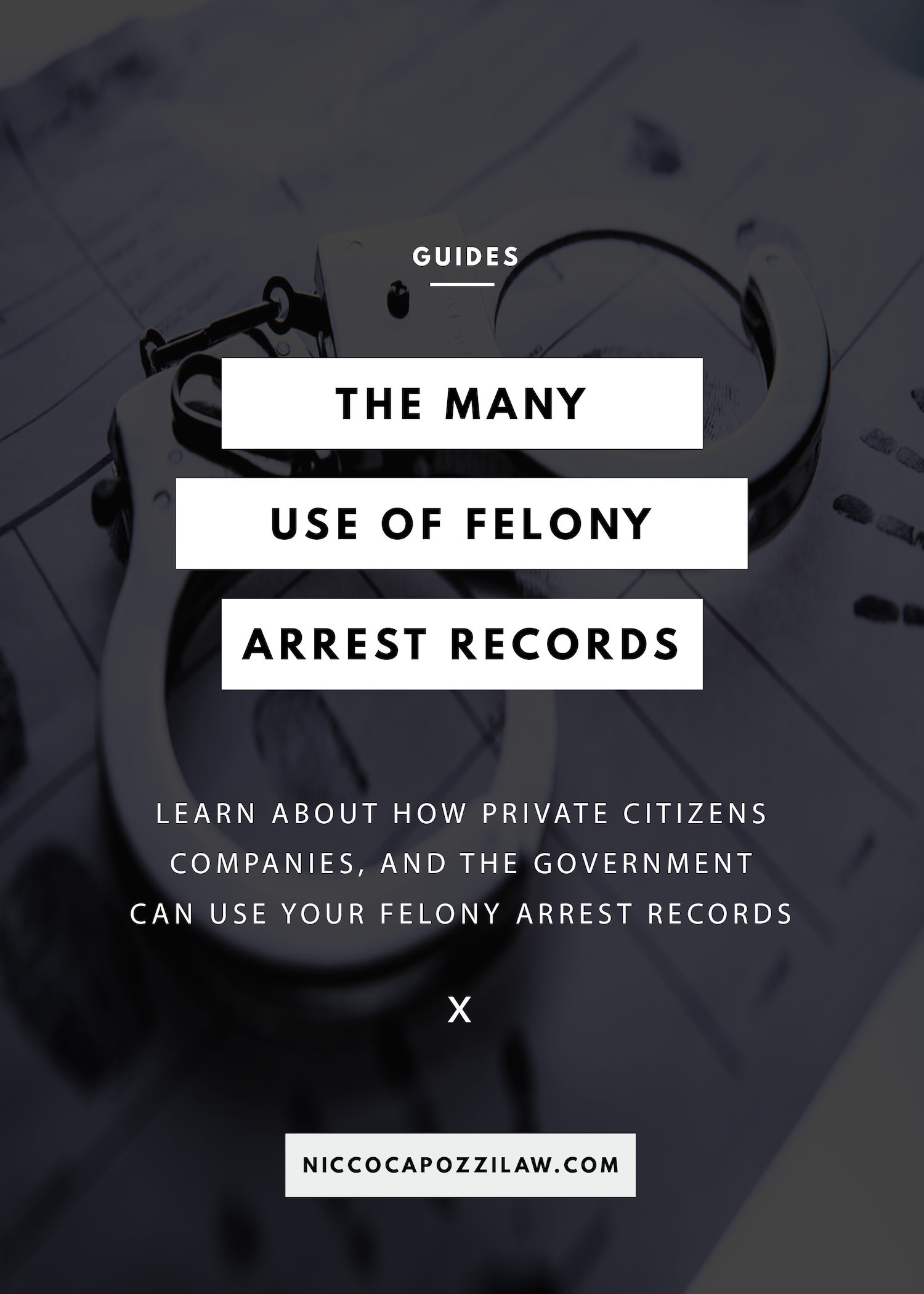Yesterday, I wrote about the recent United States Supreme Court case of U.S. v. Rodriguez. In Rodriguez, the Court held that police cannot extend a traffic stop to 'sniff" around a car any longer than necessary to issue a traffic ticket unless there is reasonable suspicion that a crime is afoot. What was not mentioned was the reasons why the Court changed course and ruled the way it did.
The majority decision included Justices Ginsburg, Breyer, Sotomayor, Kagan, Scalia, and Chief Justice Roberts. Quite an unusual majority to be sure.
The Court's opinion was a critical one for us lawyers who practice Fourth Amendment law. Prior to the case, police would often prolong traffic stops to perform generalized criminal investigation without any cause. I have had cases where the only cause to search the officer had was the presence of an air freshener mixed with the apparent nervousness of the driver. I once had an officer state that he searched the vehicle (with a canine sniff around the exertion) because the driver appeared nervous and the car smelled like air freshener; he said that air freshers and nervousness are signs of illegal behavior, such as drug smuggling. Be the ridiculousness of that statement as it may, the Court finally has had enough and issued a bright line rule that when a motorist is pulled over for a traffic ticket (with no suspicion of anything else), the officer cannot prolong the stop to search at the car or use a canine sniff to find criminal activity.
The Supreme Court previously found no constitutional violation when a dog sniff is made during a lawful traffic stop.
According to Slate, “Heien raised the question—especially pertinent in light of the Ferguson debacle—of whether the justices really get the volatile, nerve-wracking nature of police encounters, the dramatic power imbalance that allows cops to trample on citizens’ rights. In Rodriguez, the court provides the answer: Sort of.”
Now us criminal defense attorneys specializing in Fourth Amendment law finally have a way to fight back against the over zealous activity of law enforcement when it comes to routine traffic stops. Lets hope the Court continues to make bright line rules in this area of law.






